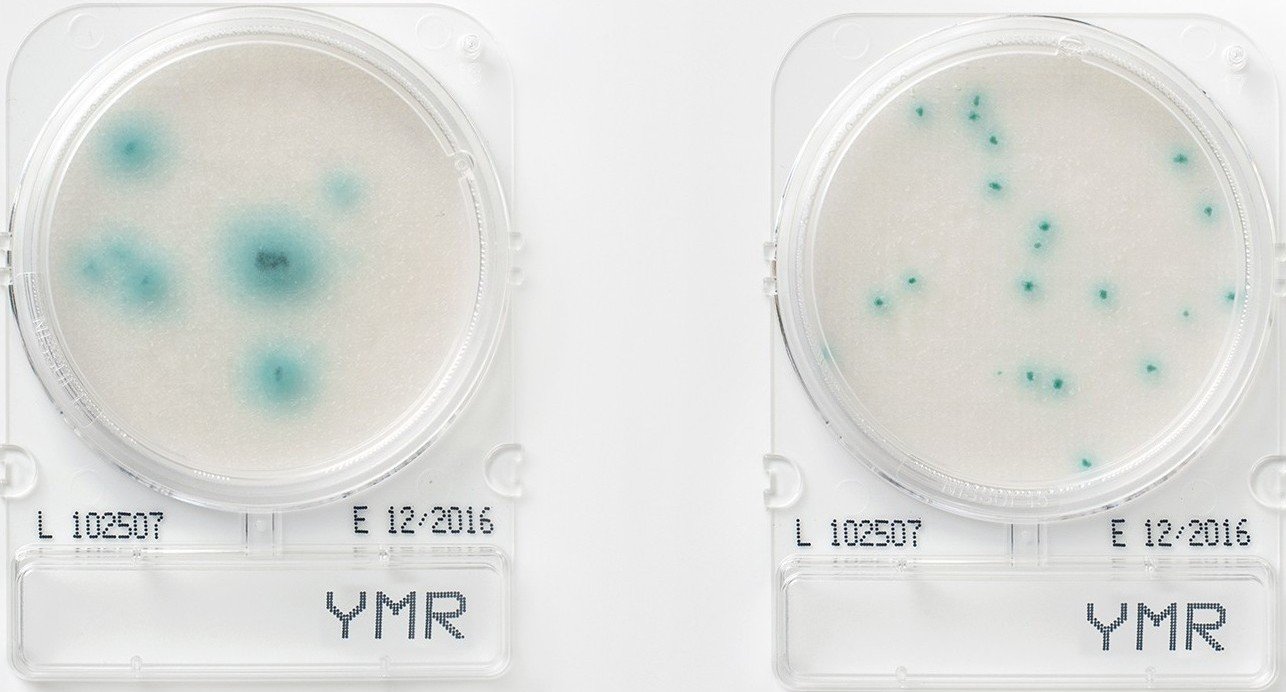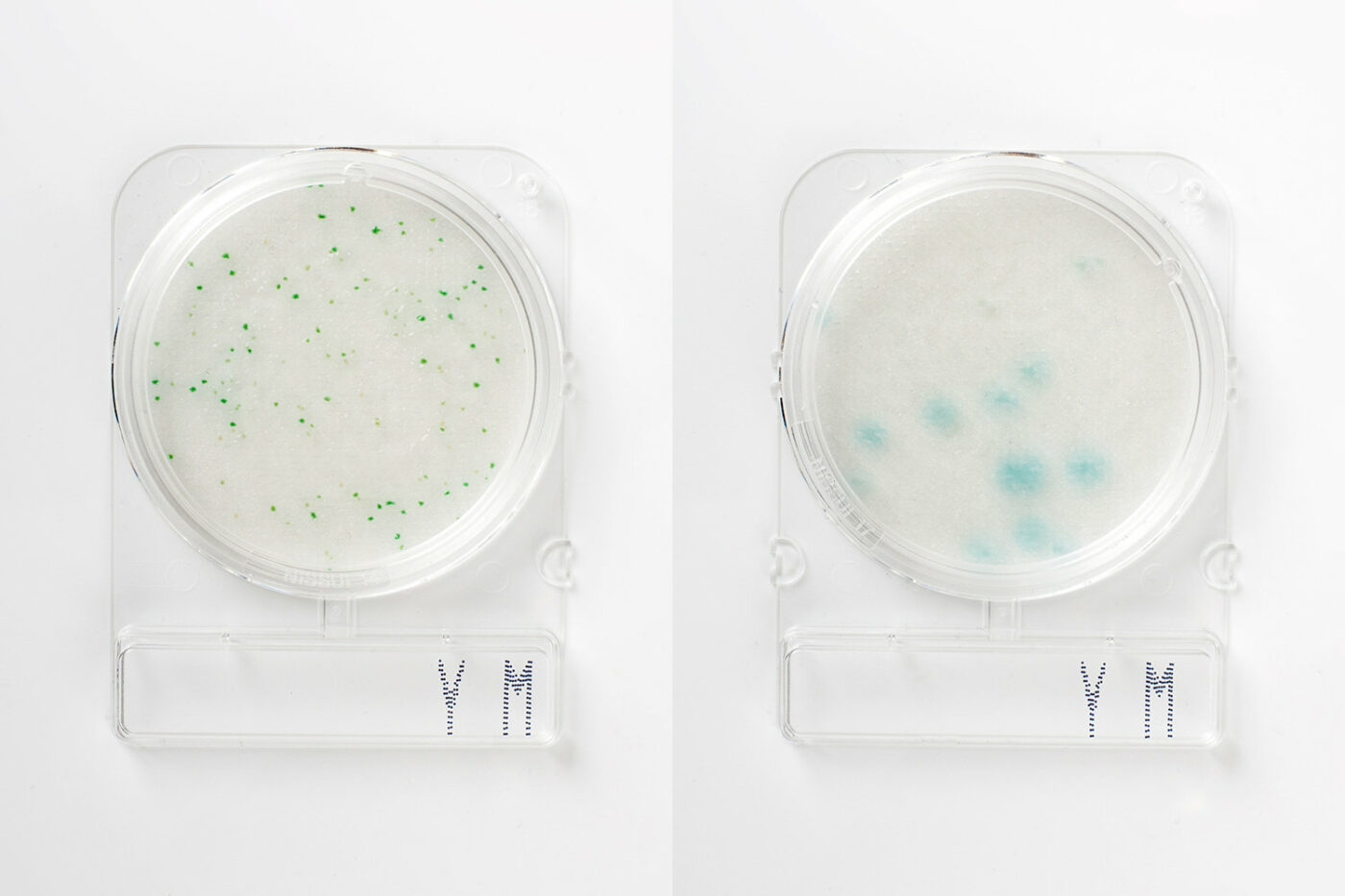
Recent news in Food & Feed Analysis
- Home
- /
- Food hygiene: 3 myths...
Food hygiene: 3 myths about yeast and mold

They turn food rancid, cause unwanted fermentation or leave a musty taste: Molds and yeasts are among the most important spoilage agents. However, these harmful microorganisms often cause uncertainty. Here, we‘ll debunk some of the most common misconceptions about yeast and mold.
1. If there’s mold on the food, you can just scrape it off
Mold is not only unappetizing, but also dangerous. Some species form so-called mycotoxins, which can cause acute intoxication as well as chronic health effects including cancer, damage to the genetic material and damage to the immune system. Mycotoxins are highly stable and can hardly be removed from the product. Moreover, mold does not only consist of the visible fuzz on the surface. Inside the food, the fungus forms a thread-like structure, which is not visible to the naked eye. That’s why it’s not sufficient to just cut away the moldy spot.
2. If the food is cooled sufficiently, molds won’t grow
Yeasts and molds are relatively undemanding microorganisms: They grow at low pH values, in dry environments and also at refrigerator temperature. Yeasts don’t even need oxygen. As a consequence, yeast and mold can spoil a wide variety of foods. Fresh foods such as fruit, vegetables and dairy products are particularly at risk. However, bakery products, nuts, spices and dried fruits also represent an excellent breeding ground for molds. Regular microbiological analyses are therefore especially important in businesses, which process such foodstuffs.
3. Microbiological testing is very time-consuming
Microbiological analyses are based on cultivation of microorganisms. Traditional methods do indeed require long incubation periods of three to seven days.

Yeast and mold detection with the Compact Dry YMR
This is problematic for food producers as the batch concerned must not be released until the test result is available. This leads to delays in the delivery and additional costs since the storage facilities remain occupied for days and can’t be used for new batches.
Yet, there have been technical advances and faster microbiolical tests are now available – for example the new Compact Dry YMR. This rapid test is easy to use and detects yeast and mold in all relevant matrices within only 48 to 72 hours. Furthermore, the ready-to-use culture medium plate also allows surface testing.


